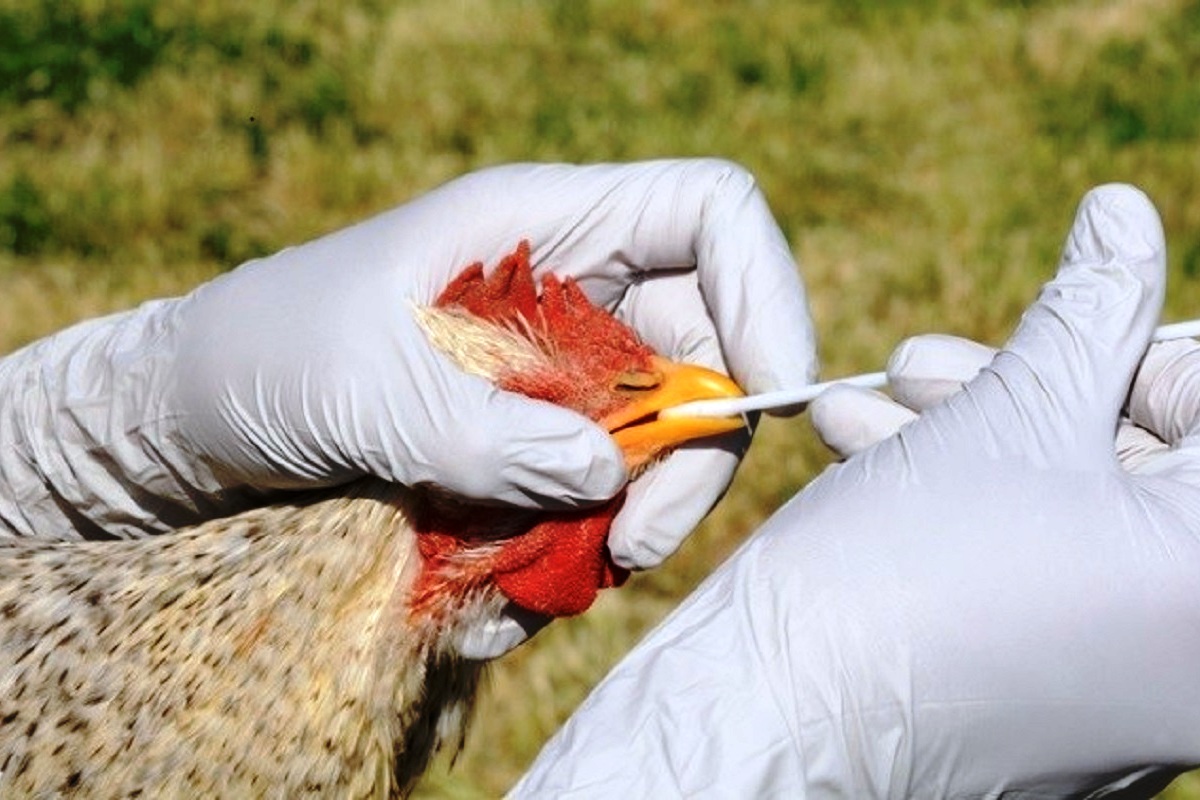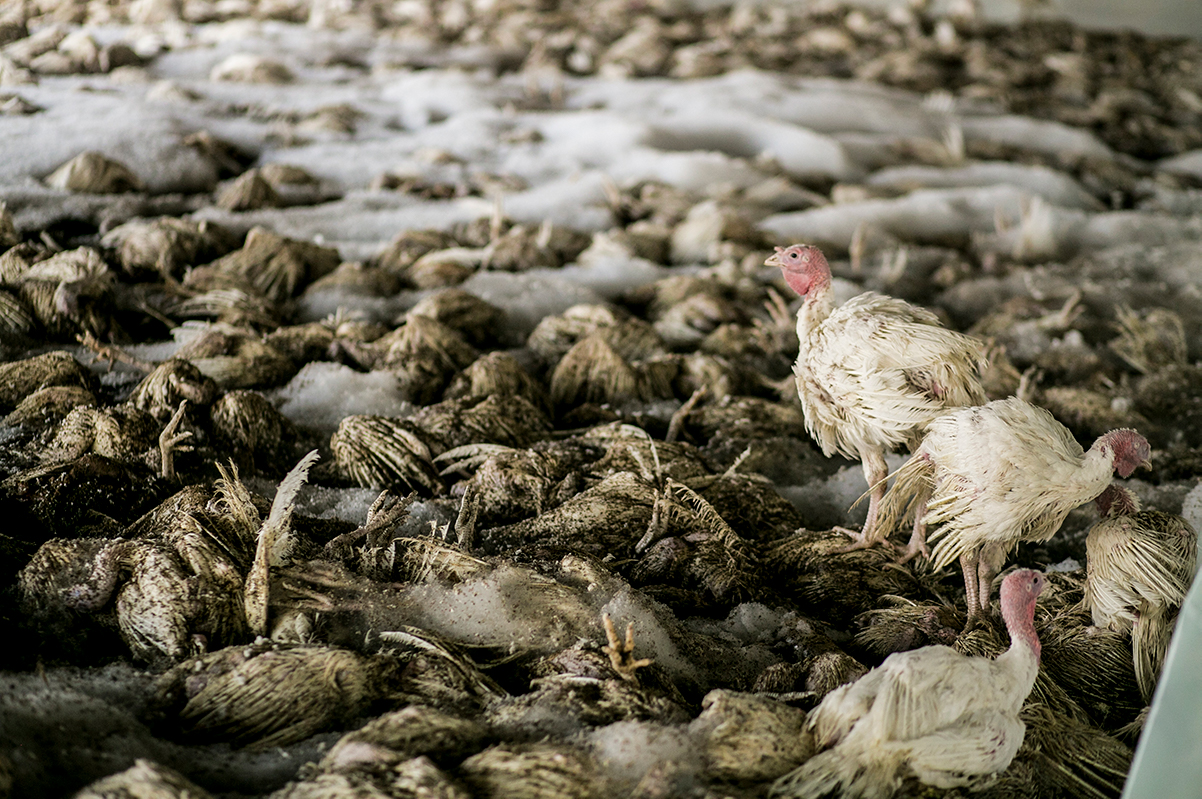Avian Influenza Transmission

Avian influenza, also known as bird flu, is a highly contagious viral disease that affects birds. It can also spread to humans and other animals, but it is not as common. There are several different strains of avian influenza, and some are more likely to infect humans than others.
Avian influenza, also known as bird flu, is a contagious viral infection that can affect birds and humans. While the virus primarily infects birds, it can occasionally spread to humans through contact with infected birds or their bodily fluids. Speaking of home runs, have you heard about bobby witt jr home runs 2024 ?
It’s making waves in the baseball world. Anyway, back to avian influenza, it’s important to take precautions to prevent the spread of the virus, such as avoiding contact with sick birds and practicing good hygiene.
The most common way for avian influenza to spread between birds is through contact with infected birds or their droppings. The virus can also be spread through contact with contaminated surfaces, such as clothing, equipment, or food. Humans can become infected with avian influenza by coming into contact with infected birds or their droppings, or by eating contaminated poultry products.
I heard about this avian influenza thing. It’s like a bird flu, right? Apparently, it’s been around for a while, but it’s getting more attention now. I wonder if it’s something we should be worried about. I mean, if it’s like the Spanish flu, that was a disaster.
I guess we’ll have to wait and see what happens. Speaking of disasters, have you heard of Allan Lichtman ? He’s a historian who’s famous for predicting presidential elections. He’s got a pretty good track record, so it might be worth checking out his thoughts on avian influenza.
Examples of Specific Strains of Avian Influenza
There are many different strains of avian influenza, but some of the most common include:
- H5N1: This strain is highly pathogenic and can cause severe disease in birds and humans. It has been responsible for several outbreaks of avian influenza in Asia, Europe, and Africa.
- H7N9: This strain is also highly pathogenic and has caused several outbreaks of avian influenza in China. It is not as common as H5N1, but it can still cause severe disease in humans.
- H9N2: This strain is less pathogenic than H5N1 and H7N9, but it is still capable of causing disease in birds and humans. It is the most common strain of avian influenza in the United States.
Factors Influencing the Spread of Avian Influenza
There are several factors that can influence the spread of avian influenza, including:
- Bird migration: Birds can carry the virus over long distances, which can help to spread the disease to new areas.
- Poultry farming practices: The way that poultry is raised can also contribute to the spread of avian influenza. For example, if birds are kept in close quarters, they are more likely to come into contact with infected birds and spread the disease.
- Climate: The climate can also play a role in the spread of avian influenza. For example, the virus is more likely to survive in cold, dry climates.
Avian Influenza Symptoms and Effects

Avian influenza, commonly known as bird flu, is a highly contagious viral infection that primarily affects birds. However, it can also infect humans and other animals. The symptoms and effects of avian influenza vary depending on the species affected.
Clinical Signs and Symptoms in Birds
In birds, avian influenza can cause a wide range of symptoms, including:
- Respiratory problems (coughing, sneezing, nasal discharge)
- Diarrhea
- Loss of appetite
- Lethargy
- Swelling of the head, neck, and eyes
- Feather loss
- Sudden death
Clinical Signs and Symptoms in Humans
In humans, avian influenza infections can cause a range of symptoms, including:
- Fever
- Cough
- Sore throat
- Muscle aches
- Headache
- Fatigue
- Nausea and vomiting
- Diarrhea
In severe cases, avian influenza can lead to pneumonia, respiratory failure, and death.
Potential Complications and Long-Term Effects
Avian influenza infections can lead to a number of complications, including:
- Pneumonia
- Respiratory failure
- Sepsis
- Encephalitis
- Myocarditis
Long-term effects of avian influenza infections can include:
- Chronic respiratory problems
- Heart problems
- Neurological problems
Economic and Public Health Impacts
Avian influenza outbreaks can have a significant economic and public health impact. In the poultry industry, avian influenza can cause widespread illness and death, leading to significant economic losses. In humans, avian influenza can cause severe illness and death, and it can also lead to the development of new strains of influenza virus that are more easily transmitted to humans.
Avian Influenza Prevention and Control

Preventing and controlling avian influenza outbreaks is crucial to safeguard poultry populations and minimize its spread. Implementing effective measures is essential to protect poultry farms and prevent economic losses.
Biosecurity Protocols
Biosecurity protocols are vital in preventing the introduction and spread of avian influenza in poultry farms. These measures include:
- Restricting access to poultry farms and implementing visitor protocols
- Regular cleaning and disinfection of poultry houses and equipment
- Controlling the movement of poultry and poultry products
- Implementing quarantine measures for newly introduced birds
Surveillance Systems
Surveillance systems are essential for early detection and monitoring of avian influenza outbreaks. These systems involve:
- Regular testing of poultry flocks for avian influenza
- Reporting and investigation of suspected cases
- Monitoring of poultry movement and trade
Vaccination and Antiviral Medications
Vaccination and antiviral medications play a role in managing avian influenza outbreaks. Vaccination can help reduce the severity of the disease and prevent its spread. Antiviral medications can be used to treat infected birds and prevent further transmission.